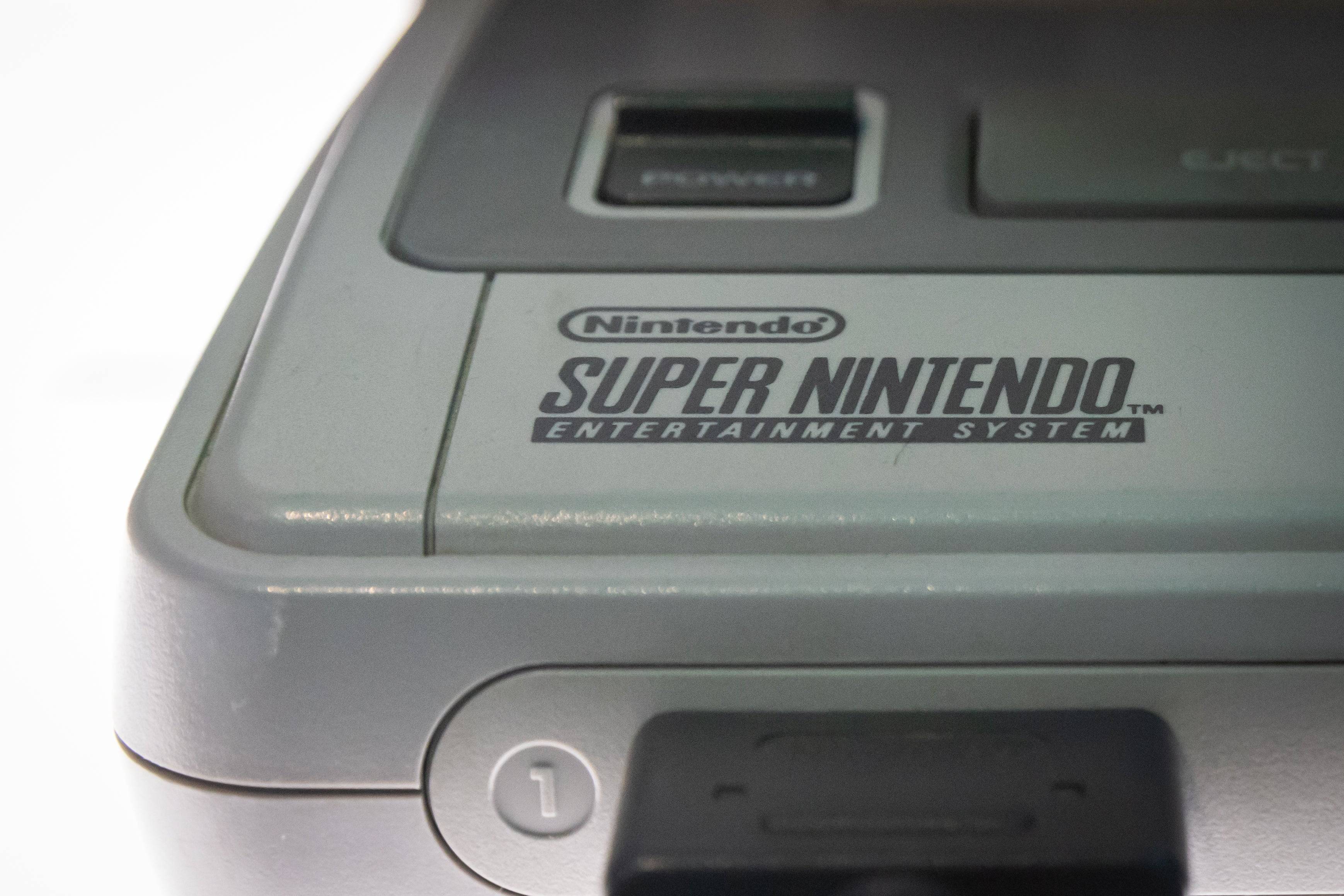The speedrunning community is buzzing about a peculiar phenomenon: the SNES seems to be running games faster as it ages. This intriguing theory emerged in early February when Bluesky user Alan Cecil (@tas.bot) reported that these iconic consoles, released in the 1990s, now appear to run games slightly faster than their factory-fresh counterparts. This suggests the nearly 50 million SNES units sold might be experiencing performance improvements in games like Super Mario World, Super Metroid, and Star Fox—a stark contrast to the typical degradation expected with aging technology.
While the notion of a console becoming more efficient with age sounds improbable, Cecil's findings point to a potential culprit: the SNES's audio processing unit (APU).
The Unexpected Acceleration
According to official Nintendo specifications, the SNES's SPC700 APU boasts a digital signal processing (DSP) rate of 32,000Hz, governed by a 24.576MHz ceramic resonator. However, retro gaming enthusiasts have long noted discrepancies, observing fluctuating DSP rates influenced by environmental factors like temperature. This means the console's audio processing and CPU communication rates often deviate from Nintendo's stated figures, subtly impacting game speed.

Cecil's Bluesky post summarizes this data, stating: “Based on 143 responses, the SNES DSP rate averages 32,076Hz, rising 8Hz from cold to warm,” “Warm DSP rates go from 31,965 to 32,182Hz, a 217Hz range. Therefore, temperature is less significant. Why? How does it affect games? We do not know. Yet.”
Implications for Speedrunning
While fascinating, Cecil acknowledges the need for further research to pinpoint the cause and quantify the speed increase. Data on early console performance is limited. Nevertheless, the possibility of a popular console gradually accelerating game speeds has captivated the speedrunning community. A faster SPC700 could theoretically reduce load times in certain game sections. This raises questions about the validity of speedrun records spanning decades, though the actual impact is likely minimal. Even under extreme scenarios, the effect on average speedruns would probably be less than a second. The influence on specific games is also uncertain. For now, the consensus is that speedrunners have little to worry about.
As Cecil continues his investigation, the SNES, approaching its 35th anniversary, continues to surprise, defying expectations of technological degradation. For more on the SNES, check out its ranking on the list of best-selling consoles of all time.

 Latest Downloads
Latest Downloads
 Downlaod
Downlaod




 Top News
Top News









